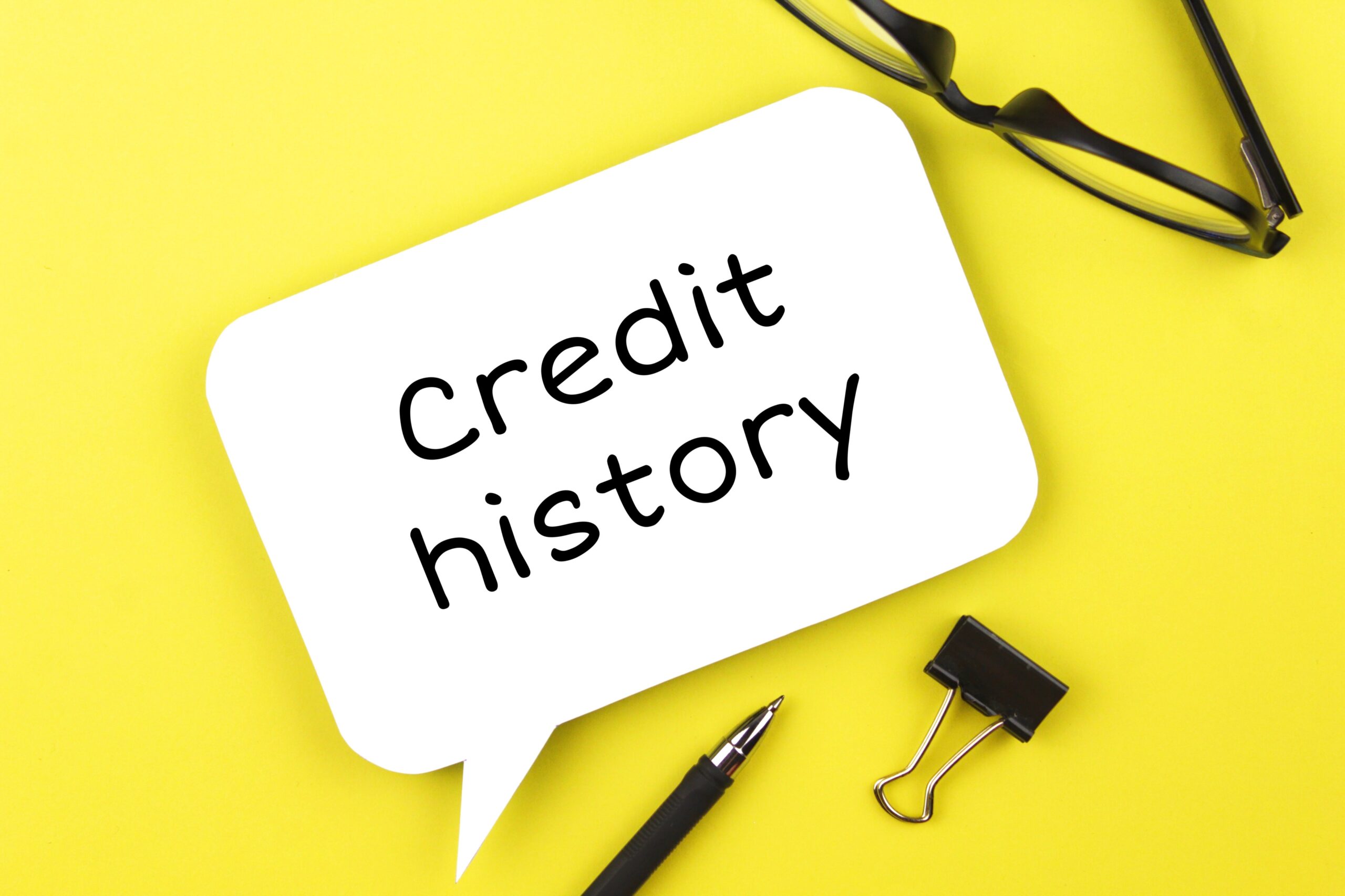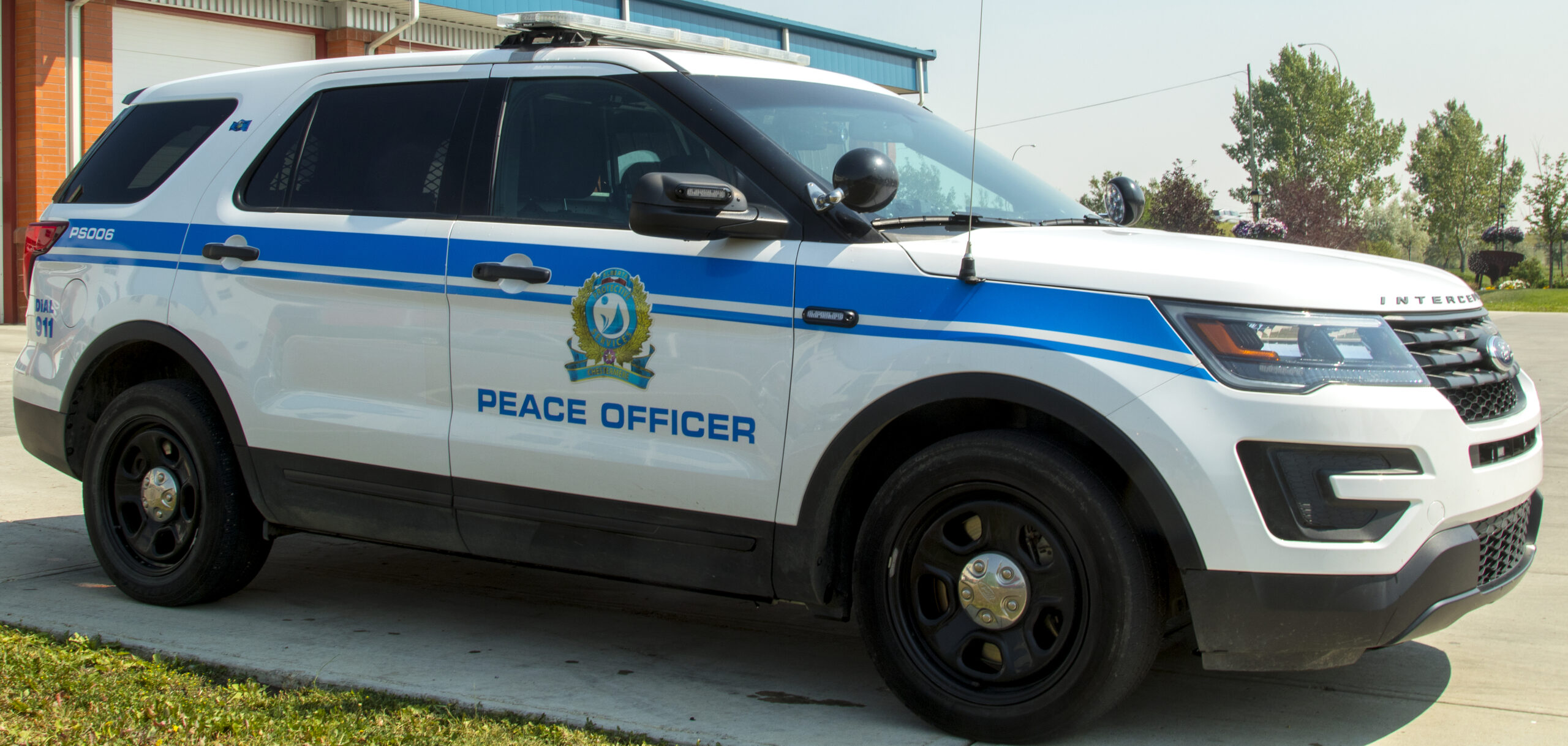
July 1st of every year marks the celebrations of Canada Day, an event created to honour and commemorate the collective identity of Canadians all across the nation. Created in 1982 in order to replace the celebration of the Confederation, Dominion Day, Canada Day for many years has kept its dignity (at least in the hearts of its non-Indigenous populations) as a national patriotic event. But in recent years, Canada Day has found an interesting companion – the question of what Canada Day truly stands for. People all over Canada have spent the last few events attempting to reclaim, redefine, and, to some degree, even eradicate the affair. Following the discovery of hundreds of unmarked graves at former residential schools last year, reuniting Canadians with their history has proved to be a task for government officials.
Canada comes with a horrific burden of the past, coloured with the atrocities and pain of the Indigenous members of our society. Last year in 2021, findings of more unmarked graves on residential school sites caused citizens to call for a cancelling of Canada Day events, in order to properly address the issue of historical trauma. Even furthering the movement, many statues and memorial sites of historical personnel were vandalized and even removed throughout the country. In Winnipeg, many people took to the streets, dressed in orange, in support of residential school survivors. The demonstration resulted in statues of Queen Victoria and Queen Elizabeth in being toppled over.
This year, the nation looked towards options of reconciling Canadians with a proposed ‘collective’ identity, an attempt at creating a new and better shared history. After the COVID pandemic, the celebrations were held in person after two years, inviting many excited, and wary, members of the community to celebrate. As put by assistant professor of history and Indigenous studies at the University of Manitoba, Sean Carleton, “Being Canadian is engaging with these really difficult things… Being Canadian, in this moment, does mean reflecting on the history of colonialism and residential schools as a way of trying to establish new, better, stronger relations moving forward.” As a result of the national attempt to redefine what it means to be Canadian, places like Manitoba and Vancouver have advertised the event as ‘New Day’ and ‘Canada Together’, promising Indigenous people an appropriate array of reflection and celebration, where everyone can come to learn and share.
This movement of inclusivity came with the Prime Minister’s message of ‘reclaiming the flag’, which stands for ‘compassion, hope, and justice’ and a ‘promise of a better life’. Prime Minister Trudeau’s official Canada Day address was held amid a divided holiday and called for a truly honest allegiance to Canadian values – “It’s also a promise – a promise of opportunity, a promise of safety for those fleeing violence and war, and a promise of a better life”, he said. While the government has been criticized intensively on its reactions with First Nation issues and demands, Trudeau’s comments were received with similar sentiments as people rushed to engage in a positive communal experience. Trudeau also acknowledged in his speech the “historic wrongs” of Canada, referring to the many years of discrimination, marginalization, and faults committed to the Indigenous people. In the official celebration, the Prime Minister along with Mary Simon, the Governor General of Canada, took part in Indigenous reflection and blessing ceremonies on the banks of the Ottawa River. Simon, in a statement, said “This day may also be a reminder of what we have lost.“ She praised front line workers and the Canadian perseverance during the pandemic, but reminded everyone of the Indigenous people who “still grieve lost culture, languages and lives”.
“It represents our accomplishments and our desire to improve,” Trudeau said for the flag and the maple leaf emblem. “Let’s remember that while we’re 38 million people living in six time zones from coast to coast to coast, we only have one country to share, protect and cherish.
This year’s celebrations were also coupled with a survey on whether Canadians thought an Oath of Allegiance to the Queen was a viable and cherished enough tradition to continue. No surprise that more half the population voted the negative and suggested removing traces of the Monarchy in the present day Canadian system. The oath of Allegiance is a required procedure for new citizens in order to gain their official citizenship status. This poll was held just a few days before Canada Day came to head.
Despite many official and unofficial attempts at reconciling the diverse communities of Canada, the nation is compelled to question whether it is enough to change the mixed emotions people hold about Canada Day and its meanings. Such a complex, and more horrifically, recent history is definitely going to take some time and intensive reinventing in order to adjust what it exactly means to everyone. As Canada Day comes to a pass, it is as good of a time as ever to question, what being Canadian means to us.





